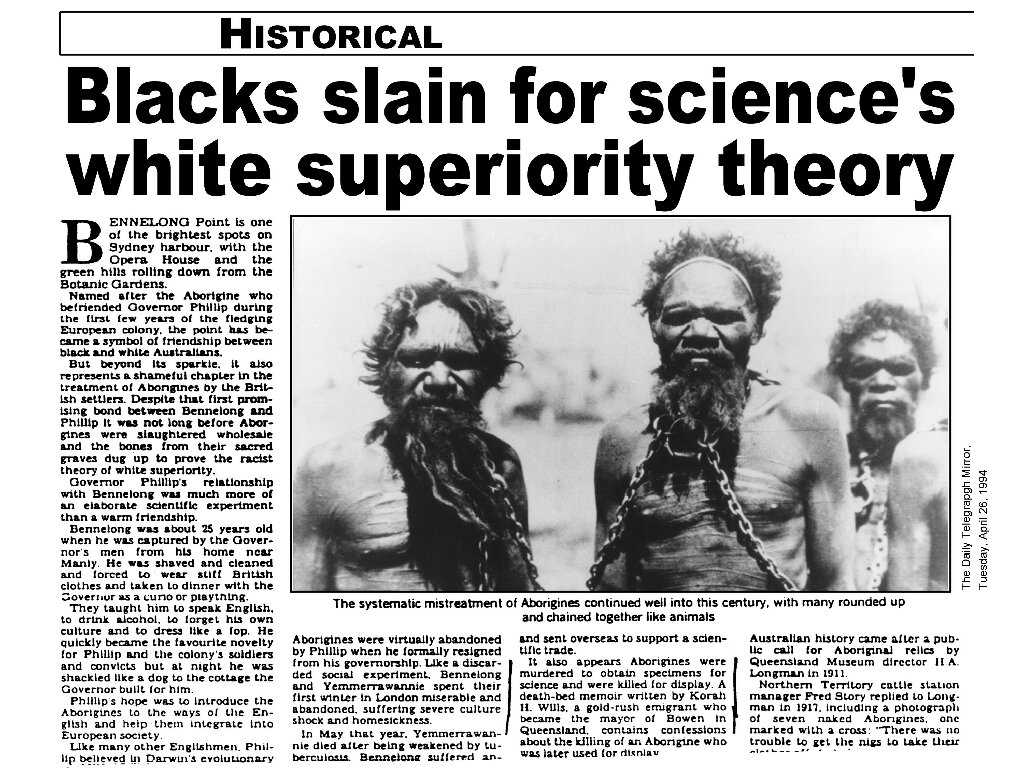Ggotto
Draftee
- Nov 21, 2015
- 2
- 0
- AFL Club
- Adelaide
From part 1, 2009: https://www.bigfooty.com/forum/thre...r-off-for-european-colonisation.539265/page-7
Don't think that is the answer even if it correct, a minority's group in a democracy is what it is regardless of its worth.The Aboriginals are more than a minority group I think
Last edited by a moderator:






